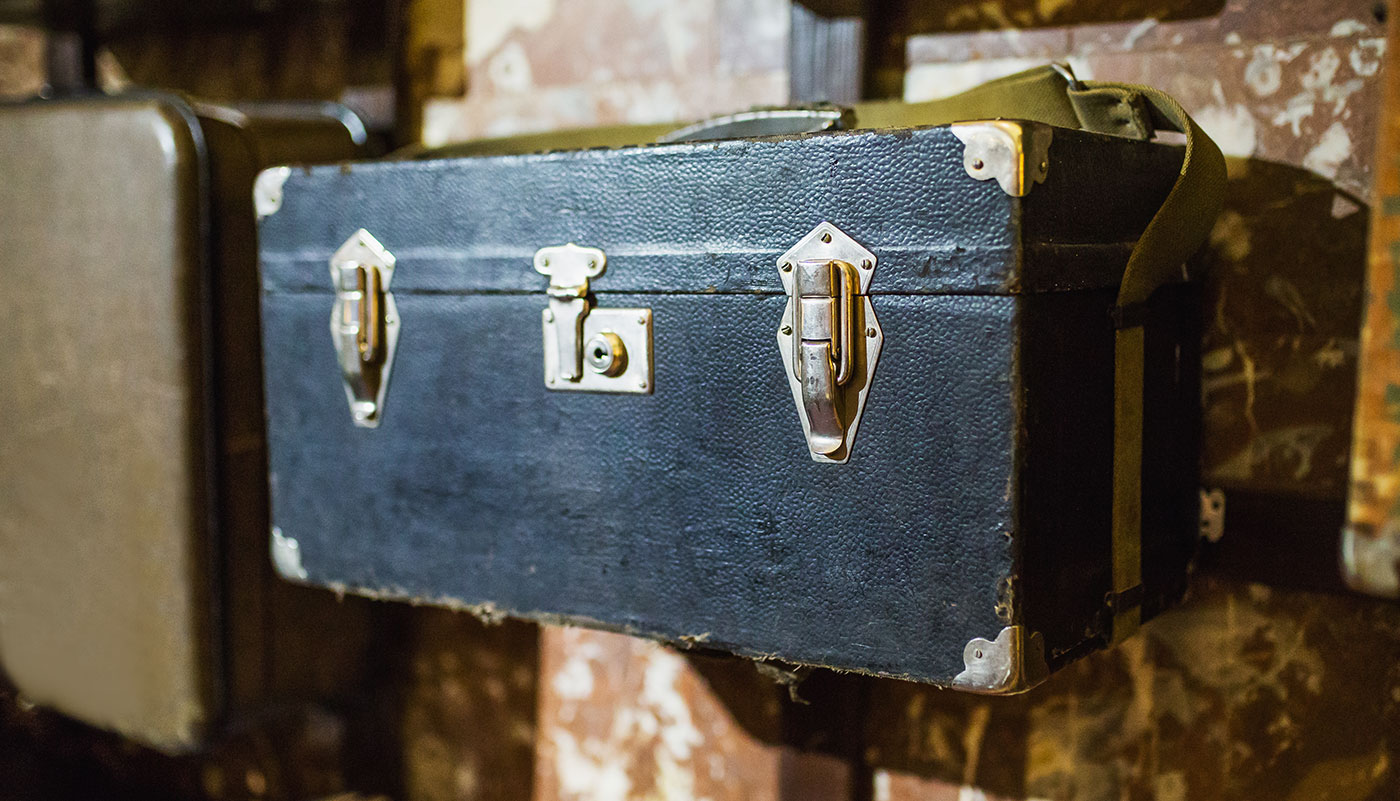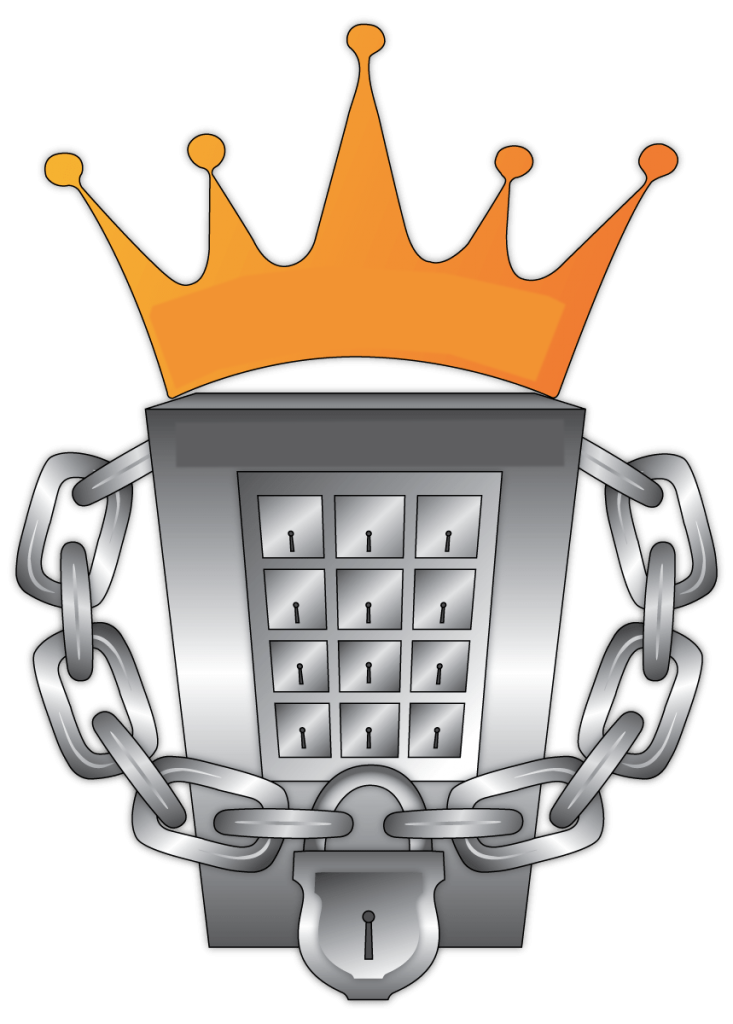
History & Use of Safe Deposit Boxes

History
When Did It Begin?
African-American inventor Henry Brown is credited with developing one of the earliest prototypes of the safe deposit box in the United States in the late nineteenth century. Brown saw the need for a safe and convenient way to store valuable items and documents. At that time, though banks already offered a safe place to store jewellery and other material valuables, the storage was not private, and there was nothing to prevent nosy bank employees from looking through customers’ personal papers. Thus most people kept their important documents tucked away in cardboard or wooden boxes at home, unprotected from destruction and theft.
Patented on November 2, 1886, and described by its inventor as a “receptacle for storing and preserving papers,” Brown’s box was made of forged metal and could be sealed with a lock and key. In the decades that followed, safe deposit boxes became a standard offering in most banks.
Why rent a Safe Deposit Box?
Safe deposit boxes are rented by users to provide an extra sense of security for valuables and important documents. This kind of box protects a person’s valuables and rare possessions in case of a theft, fire or natural disaster.
They are intended to protect your belongings from disaster, even if a disaster happens at the bank or a safe deposit locker facility. Safe deposit boxes are typically in a vault that is fire resistant and also made to withstand fire, flood, heat and even explosions. Should something unexpected happen to your home, or neighbourhood, you can rest assured that you will have access to your cherished belongings and important documents if they are kept in a safe deposit locker.
Gone are the days of grandmothers keeping their jewellery and other precious items in a rice tin, biscuit tin, under the bed or even up in the ceiling or roof.
If you can think of the most secure place to hide your items, believe me the robbers know exactly where to find them. Hence, do not risk yourself and your family by keeping your valuables in your home.
The principle behind using a safe deposit box in a safe deposit box facility is that it is a more secure place to keep certain items than in your own home, where they are more vulnerable to being destroyed by fire or flood, stolen by burglars, or even simply misplaced.
Whatever you choose to keep in your safe deposit box, its contents are strictly confidential: only you, and any other parties you authorize, will have access to it; not even the safe deposit box staffs will know what is inside. This high level of security and privacy may be desirable; one of the drawbacks of keeping things in a safe deposit box, however, is that you may only access your belongings during the facility’s opening hours.
Procedures to open a Safe Deposit Box Account
Procedures to rent a box may vary from one centre to another. Banks these days impose very strict conditions and offer their boxes only to their premier clients. Most banks also insist clients to open fixed deposit accounts and to deposit cash anything from RM150,000.00 to RM300,000.00. Basically, this simply means banks are not interested in providing safe deposit box services anymore.
Opening a safe deposit box account at HB Secured Vaults is very straight forward and simple. All you need is your identity card or passport in the case of foreigners. To find out more about opening an account please click on this link https://www.RSDB.com.my/how-to-register/
1The Internet. 17 July 2020 <https://www.encyclopedia.com/finance/encyclopedias-almanacs-transcripts-and-maps/safe-deposit-box#>

Ground Floor, Menara Darussalam, 12 Jalan Pinang, KUALA LUMPUR-MALAYSIA
7 days a week (including all public holidays)
Call Us: +603 5631 0110 | +6012 235 6295
Email Us: info@hbsecuredvaults.com